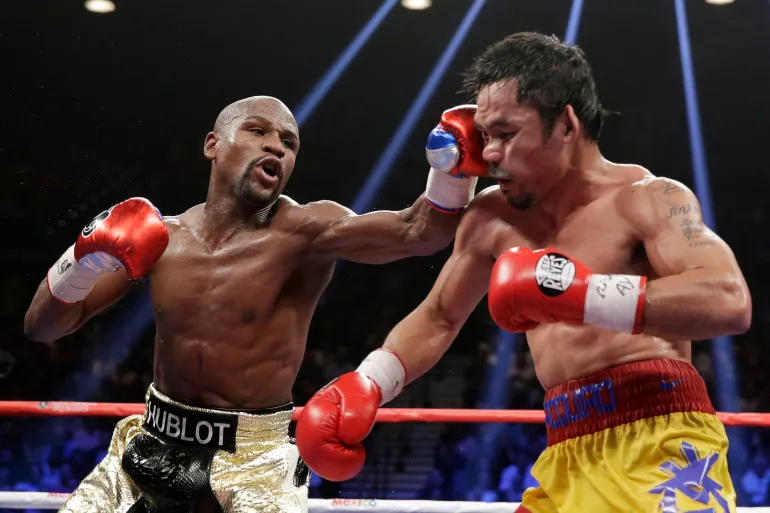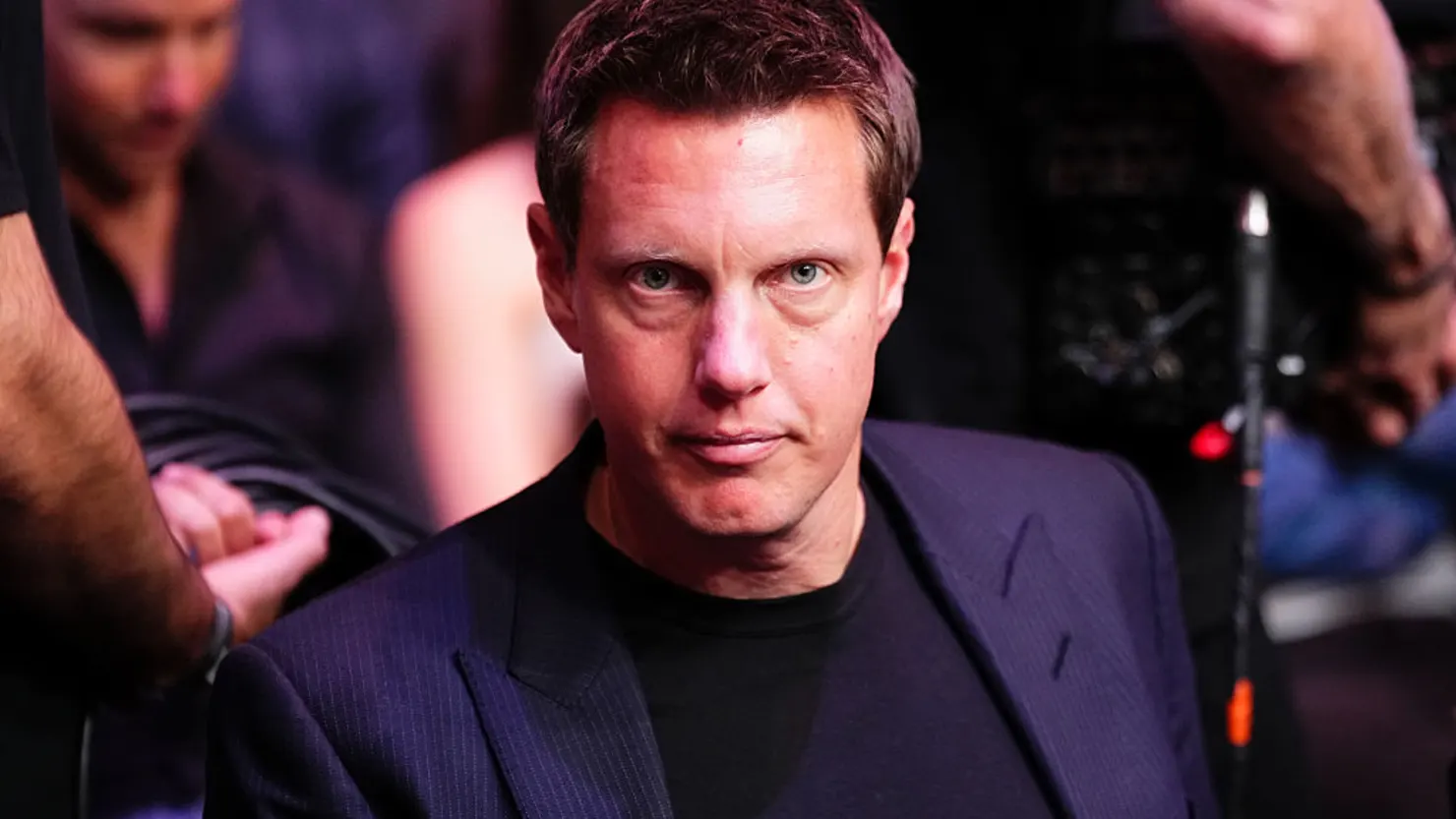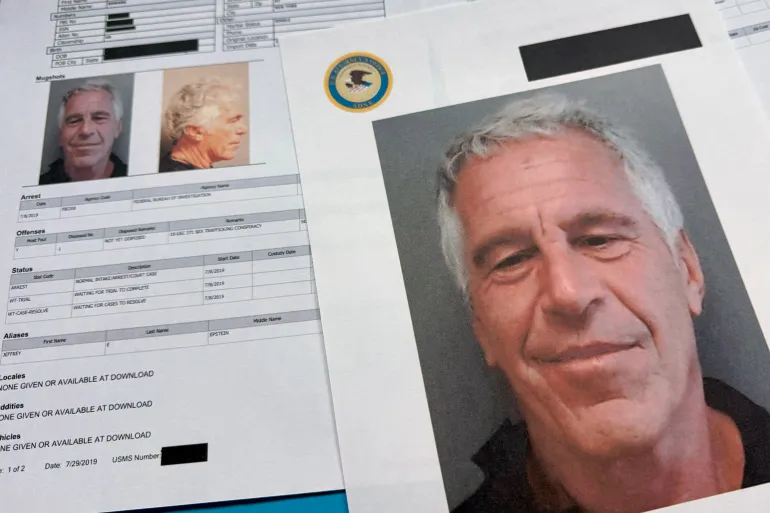A new state-commissioned study on Wyoming’s gaming industry is drawing sharp criticism from the Northern Arapaho Tribe, which says the report glossed over the real costs to tribal casinos.
The Spectrum Gaming Group prepared the analysis last year for the Wyoming Gaming Commission and presented it to lawmakers earlier this month. The report concluded that expanding Historic Horse Racing (HHR) terminals wouldn’t hurt tribal casinos.
But Travis McNiven, spokesperson for the Northern Arapaho Business Council, wasn’t buying it. He told lawmakers that since HHR was legalized in 2013, tribal casino traffic has dropped 66%, revenues are down 34%, and about 500 jobs have disappeared.
“Gaming expansion has already had a serious impact on the tribe’s operations,” McNiven said. “Those losses were under-reported—or flat out ignored—by the study.”
McNiven also flagged the study’s section on iGaming, which suggested online casino-style play wouldn’t erode Native casino revenues. His own review of the numbers told a different story: if Wyoming legalizes iGaming, tribal casinos could lose another 11% of their revenue, with ripple effects hitting non-gaming departments and employment.
“Being able to play casino games on your phone anytime, anywhere, directly competes with our brick-and-mortar operations,” McNiven said. “It would have a significant impact.”
The tribe also took issue with the study’s claim that all potential casino revenue is “available” to HHR operators because tribal casinos are limited in table games and operate fewer hours. The report noted, for example, that house-banked table games at Wind River Casino are only open eight hours a day, three days a week.
McNiven pushed back, saying Spectrum never asked the casinos for real operating details. He invited lawmakers to visit Wind River Casino themselves to see firsthand how Class III gaming is managed, regulated, and run.
Matthew Roob, Spectrum’s lead on the study, said he spent two nights in Fremont County observing two tribal casinos but admitted tribal properties weren’t formally included in the study’s scope. The mandate came from the Gaming Commission, which doesn’t regulate tribal operations.
Still, McNiven argued, the omission is a big problem:
“Any change to Wyoming’s gaming landscape impacts us. We are stakeholders in the industry and citizens of this state.”
The original story by Katie Roenigk for County 10.










The latest news in your social feeds
Subscribe to our social media platforms to stay tuned